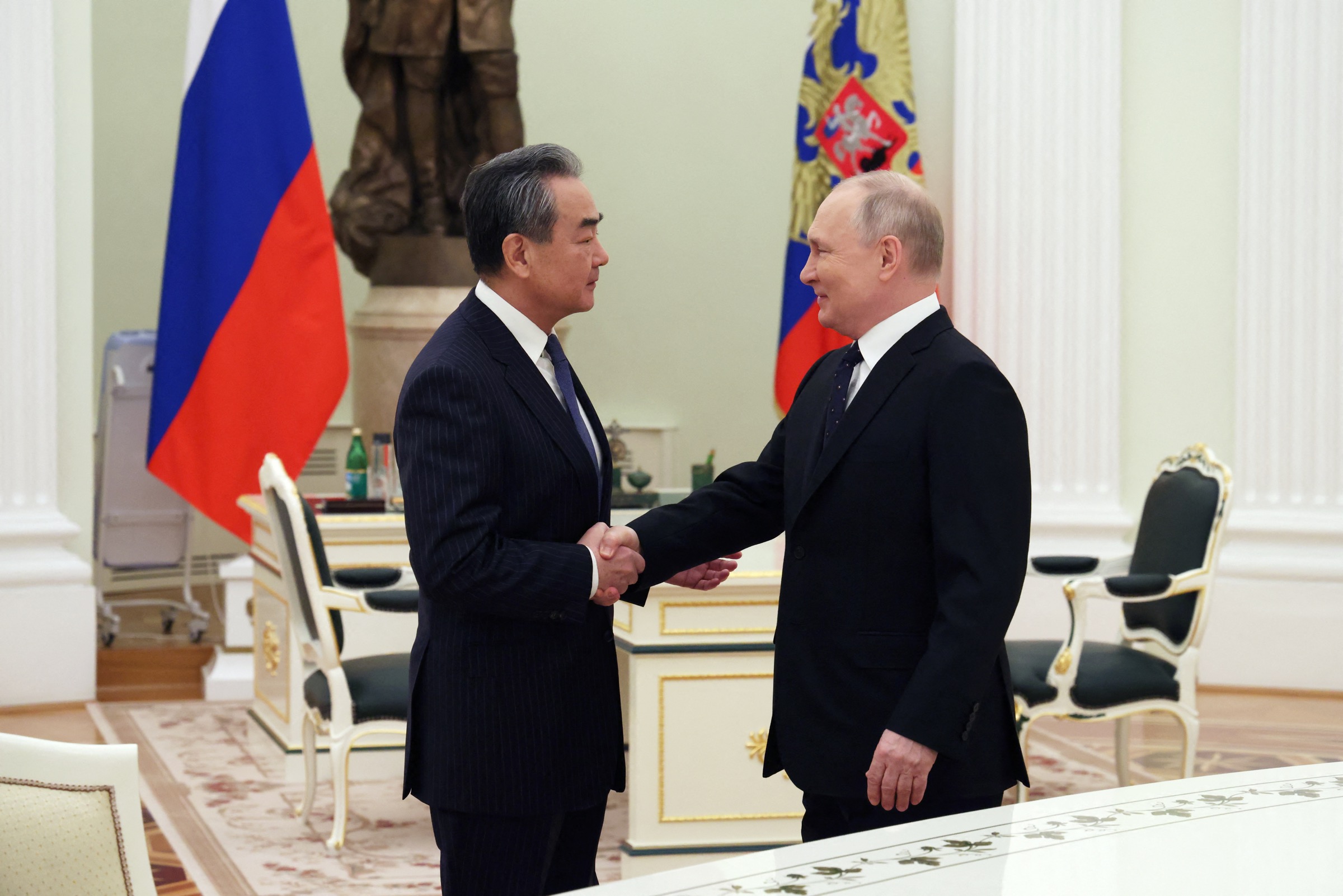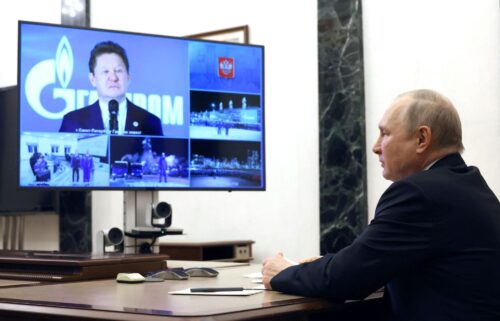What Wang Yi’s Moscow visit means…and doesn’t
There has been much hand-wringing over China’s top diplomat’s visit to Moscow on Wednesday, just two days before the one-year anniversary of Russia’s invasion of Ukraine. But it would be wrong to say this visit necessarily portends a closer China-Russia relationship.

China’s top diplomat Wáng Yì’s 王毅 multi-day program in Russia has drawn significant attention in the West, prompting speculation of China’s growing diplomatic activism on Russia’s behalf. But it would be premature to conclude that the visit signals a new, more pro-Russian shift in Chinese foreign policy.
First, Wang’s visit to Moscow happened in the context of his wider European itinerary, which included stops in France, Italy, and Hungary, as well as an appearance at the 59th Security Conference in Munich. These visits were overlooked by the Guardian, which concludes that Russia’s and China’s ties are deepening, as well as the BBC, which writes that the visit undermines China’s claim to neutrality. However, one could also interpret the visit to Moscow as an attempt to boost Beijing’s standing as a potential mediator in the conflict. Indeed, not visiting Russia might give the impression of picking sides, especially given Russia’s absence at the Munich Security Conference.
Second, Wang’s language has been more guarded than some outlets have made it out to be. The Financial Times writes Wang said that “the two sides would deepen ‘political mutual trust and strategic co-operation.’” However, Xinhua’s English and Chinese coverage quotes him as saying that China is willing to do so. For the most part, Chinese coverage of the visit has repeated old rhetoric on cooperation and development rather than providing a new impetus for the relationship. In fact, as Chatham House research fellow Yu Jie observes in the Financial Times’s piece, Wang did not refer to Russia-China relations as a “no-limits partnership,” a phrase which official statements used about the relationship a few weeks before the Russian invasion in February 2022. This seems to indicate China’s unwillingness to be associated with Russia’s foreign policy too closely.
In fact, China and Russia did not even put out an official statement as they did before Russia’s launching of the disastrous war. This is clearly significant, as it communicates a hesitance on China’s part to explicitly endorse Russian aims. Furthermore, despite Russia’s repeated signaling of a visit to Moscow by Xí Jìnpíng 习近平 , the Chinese side has not yet officially confirmed it, and it remains to be seen what the outcome of such a visit would be. Indeed, when Putin and Xi met last time at the sidelines of a Shanghai Cooperation Organization summit in Uzbekistan, the Russian leader acknowledged Xi’s concerns regarding Ukraine.
While it is true that China has not distanced itself from Russia as much as the West would like, there are several factors at play besides Beijing’s sympathy for Moscow’s resistance to the Western-led order. As Wang’s visits around Europe make clear, China wants to signal its neutrality in the war while rewarding the loyalty of China’s partners. Wang’s presence in Russia was meant to offset his appearance at the Western-dominated Munich Security Conference. At the same time, his stops in Hungary and Italy signaled appreciation for, respectively, the first European participant and the most populous European participant in the Belt and Road Initiative.
There is no doubt that China is also trying to use Wang’s diplomatic activity to heighten its diplomatic clout. In Munich, he branded the U.S. as “hysterical” after its downing of China’s alleged spy balloon, and claimed that “some people do not want peace talks to succeed” — an evident jab at Washington. In contrast, Wang portrays China as a responsible world power that is willing to work with all parties “to continue the efforts for realizing an early peace.” His visit to Russia must, therefore, also be understood as an attempt to assert China’s capacity for leadership and negotiation, no matter how misplaced these attempts might be.
Part of Wang’s motivation to visit Russia is likely also driven by the hope that its own activity in the region can rapidly return to business as usual. Yes, establishing a multipolar world order together with Russia is important, and Wang’s comments while meeting Russian officials reinforce this priority. However, the diplomat also indicated displeasure with the conflict in an interview with Xinhua about his European tour. This is unsurprising given China’s trade ties with both Russia and Ukraine; in 2019 China became Ukraine’s biggest trading partner. Peace is in the Chinese interest, and Wang is clearly willing to expend diplomatic capital to achieve some version thereof.
It remains to be seen how China will position itself in the coming months. Its peace proposal, which was published on the anniversary of the war, does not indicate that a substantial shift has occurred in Beijing. In line with previous rhetoric, the document criticizes sanctions, calls for peace talks, and endorses the principle of territorial integrity while channeling Russia’s security concerns. It fails to acknowledge that Russia invaded a sovereign country, but this is not out of keeping with Beijing’s official discourse on the war.
Of course, we cannot completely rule out that China is growing closer to Russia. If, as Der Spiegel writes, China is negotiating a sale of kamikaze drones to Russia, then relations between the two countries have taken a concerning turn. Wang Yi’s visit to Moscow, however, is not evidence for such a trend.






